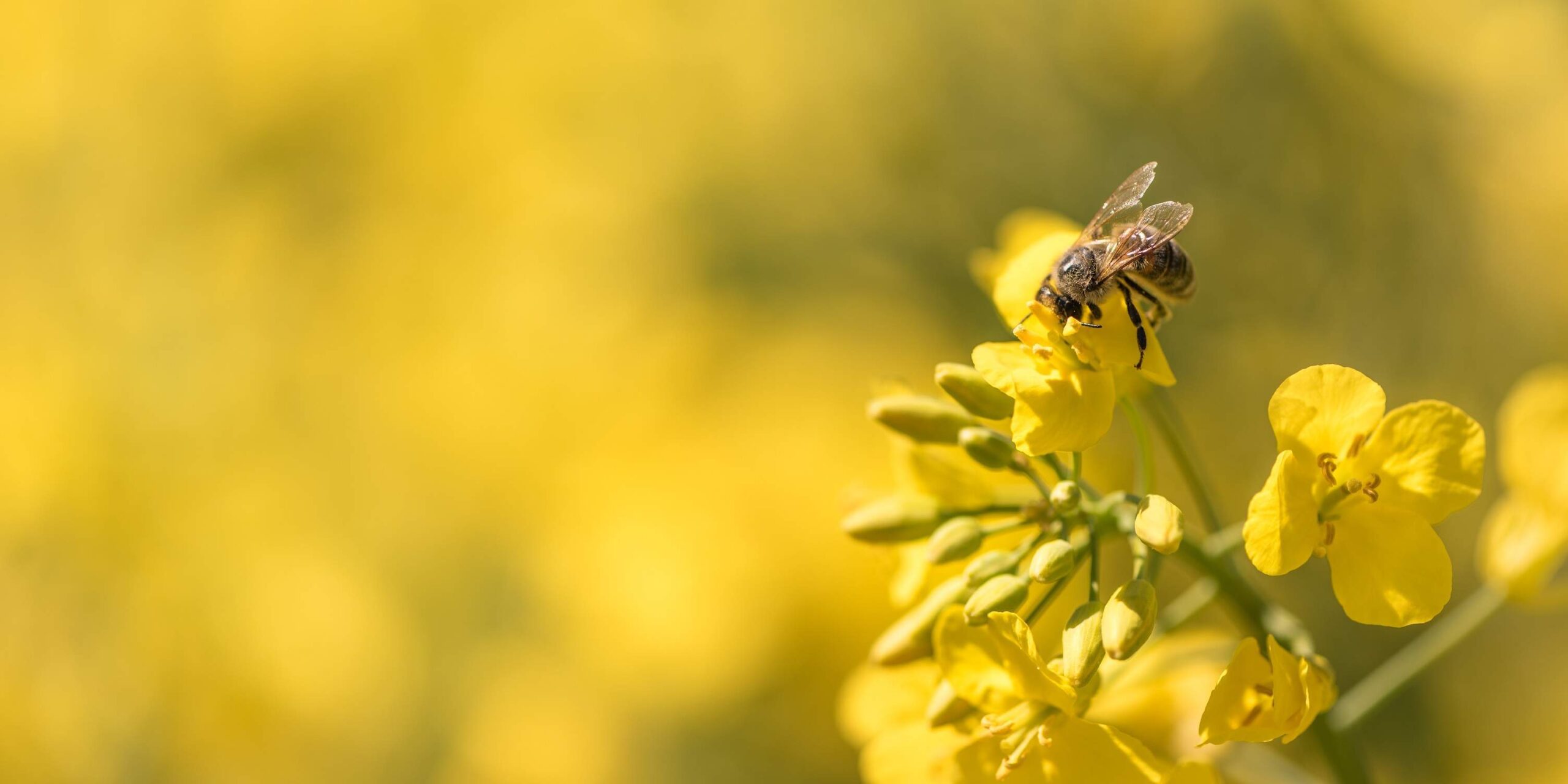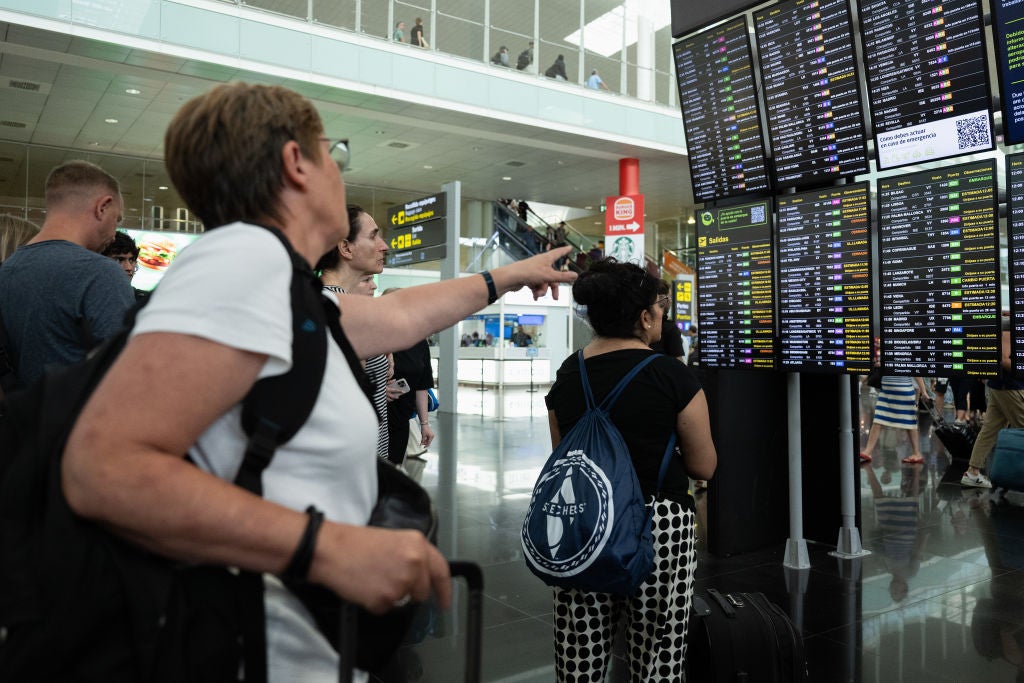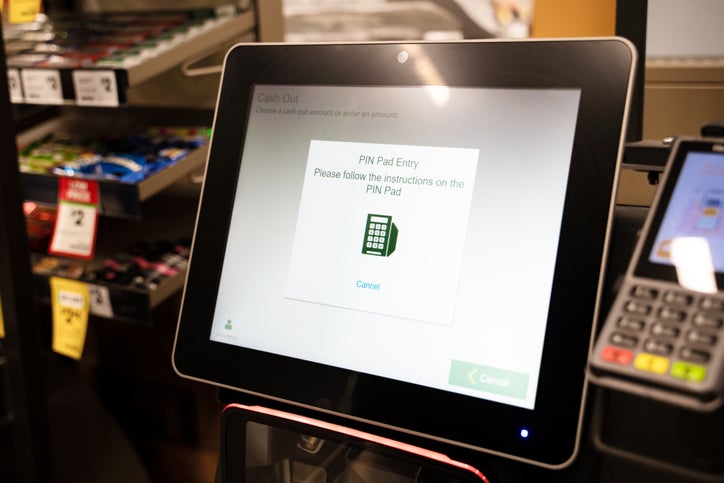
The UK’s environmental secretary Michael Gove has announced that the government will back a total ban on pesticides that harm bees and other insects.
The decision demonstrates a reversal in government policy that previously backed the use of pesticides like neonicotinoids.
Here’s why this decision is so important.
What do neonicotinoids do?
Pesticides like neonicotinoids are the world’s most widely used insecticide – a substance farmers use to kill insects on their crops.
It is known to disproportionately affect bees. Farmers spray crops, such as oilseed rape, with the pesticide which has contributed to a decline amongst bee species. In particular, pesticides were found to affect the sperm count of bees, reducing population growth.
Bees are considered a predominantly important insect due to their role in pollinating flowers that become the fruits and vegetables we eat.
How well do you really know your competitors?
Access the most comprehensive Company Profiles on the market, powered by GlobalData. Save hours of research. Gain competitive edge.

Thank you!
Your download email will arrive shortly
Not ready to buy yet? Download a free sample
We are confident about the unique quality of our Company Profiles. However, we want you to make the most beneficial decision for your business, so we offer a free sample that you can download by submitting the below form
By GlobalDataThe European Union banned the use of neonicotinoids on flowering crops back in 2013. However, the UK opposed the ban as it did not agree with the science behind the ban.
At the time, the UK government said:
“We opposed these restrictions because the assessment was (and remains) that the evidence did not point to risks to pollinators that would justify the proposed restrictions.”
Why has there been a change in policy on bee-harming pesticides now?
Writing in an editorial for The Guardian¸Gove said:
“The weight of evidence now shows the risks neonicotinoids pose to our environment, particularly to the bees and other pollinators which play such a key part in our £100bn food industry, is greater than previously understood.
“I believe this justifies further restrictions on their use. We cannot afford to put our pollinator populations at risk.”
As well, farmers in the UK are having to spend money to replace the work of lost natural pollinators. For instance, gala apple growers are now spending up to £5.7m a year to replicate the work of bees.
Dave Goulson, professor of biology at the University of Sussex, responded to the ban saying:
“It is great to see the government responding to the weight of evidence linking neonicotinoids to declines of wild insects such as bees and butterflies. However, if the pesticide industry simply replaces neonicotinoids with some new generation of pesticides we will not have made progress, but will simply be repeating mistakes we have made over and over again for seventy years.
“We need to encourage farmers to move away from reliance on pesticides as the solution to the many problems that industrial monoculture cropping create.”
Will the EU follow suit?
After the EU ban on the use of neonicotinoids on flowering crops, the European Commission is pushing for a total ban on their use outside of greenhouses.
There will be a vote in December this year. It is likely that the vote will pass now, following the UK’s policy change. This will benefit bees and other insects across the continent.







